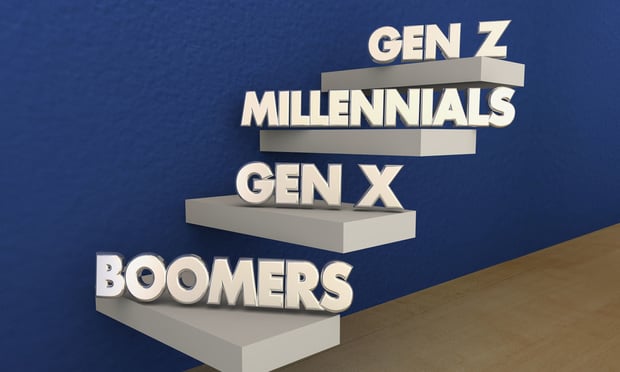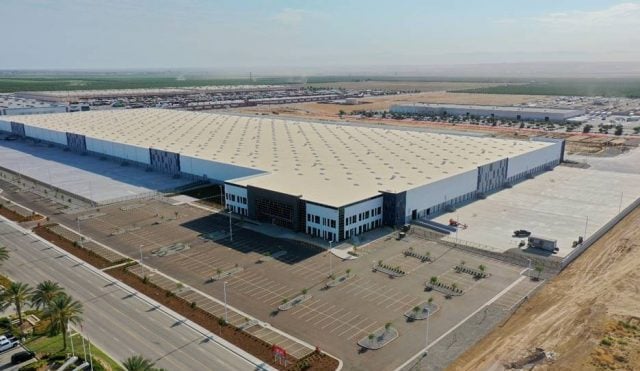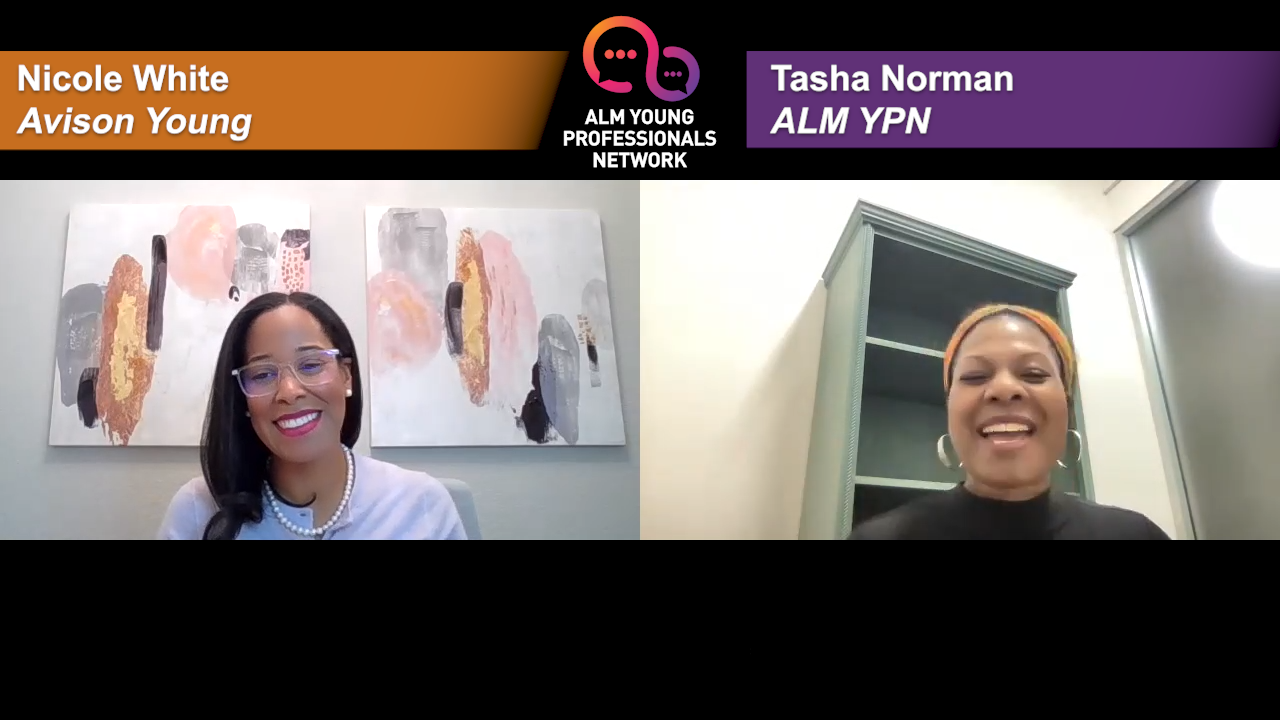RANCHO SANTA FE, CA—Locally based Metis has introduced MREN, the Metis Real Estate Platform, the first principal-to-principal-only global commercial real estate platform. As GlobeSt.com reported earlier this month, is positioned to be the “disrupter” of the $15-trillion commercial real estate industry by supporting principal stakeholders from both sides of a transaction to connect, collaborate and close directly. In fact, a local business journal nominated Metis last year as one of the best technology firms. We spoke exclusively with Joy Hou, CEO and co-founder of Metis, about the advantages of participating in this type of platform and what it does for the industry.
GlobeSt.com: What are the advantages to participants in a “principal-to-principal-only” global CRE platform?
Hou: The complexity of the CRE industry is primarily caused by the number of stakeholders involved in every deal. The reason why technology hasn't progressed in real estate as much as in other industries is because even though the industry is collaborative, it is fragmented. We help provide more opportunities and better access to capital. The two common abilities that enhance people's success are the ability to manage information better and the ability to manage communication better. It's still a very collaborative environment even during the holding period or while dealing with someone across the table. The problem with not having the ability to communicate directly is having more people in the middle of the process so that the same deal can be effectuated. If I want to sell an asset, and I go through an auction or other platform, I need to put together information to educate them. Then, they become the intermediary.
As the world becomes more global, very often foreign capital has difficulty getting to the right opportunity. A lot of US sponsors are looking for foreign capital, giving them access to communication and information effectively streamlines that process. There will be times when people want other options, but 23% of deals are done principal-to-principal. Strong relationships transact over and over again, and we are providing a better vehicle to streamline that process.
Since our launch, we've received a significant amount of interest from principals who are interested in exploring our program, not only to have better access to deals and capital, but also to manage their own deals and portfolios. We are in discussion with some municipalities that own a large number of assets, and this allows them to share internally and collaborate. It's a very powerful tool, and people have told us they wish they had it years ago.
Some sponsors have 200 family members and friends, and this allows them to communicate, message, share their progress and financials. Sponsors who create opportunities have the most stress, and many times they end up using document-management solutions like Dropbox. It's a daily pain they live with that can be solved by MREN. It supports the entire lifecycle of any investment.
GlobeSt.com: How prevalent is this type of platform in CRE?
Hou: We've gotten confirmation from almost everyone that we are unique. We are not trying to solve a niche problem or change the way people analyze their deals; we're only enhancing the way they communicate or manage their information. The typical holding period for a CRE property is five to seven years, so it's not a very liquid market. Stakeholders have to work together for many years. Just like in our personal life, texting gives us better access to information and people, so does CRE need its own platform to connect everyone.
I believe the world is moving so fast, and for any successful platform, there will be others created that are similar. This is a very big industry—there are 120 million commercial buildings—so yes, of course there will be competition. But we want to be the Coca-Cola. Just given the amount of interest we've had from both the public and private sectors, there's clearly a need to improve the process that everybody is enduring and using for the past few decades. We believe that by making their lives easier and making our platform very user friendly, it's a good beginning.
GlobeSt.com: What are the challenges to implementing and running this type of platform?
Hou: The challenge is being disciplined enough to remain focused. The application is so powerful that people call me with 18 different ideas a day. It can be used for other industries, even investors in companies or ventures. But getting people to take one step at a time is the challenge. We have the ability to react fast, so if they need an enhancement, we can do that because it's designed for expansion. There will be a lot more capabilities introduced as time goes on; it will have a social-network effect. The sky's the limit.
GlobeSt.com: What else should our readers know about this platform?
Hou: They should give it a try. There's a sandbox setup so people can just play with it. It's a better way to communicate with each other so we can do our jobs.
© Touchpoint Markets, All Rights Reserved. Request academic re-use from www.copyright.com. All other uses, submit a request to [email protected]. For more inforrmation visit Asset & Logo Licensing.






